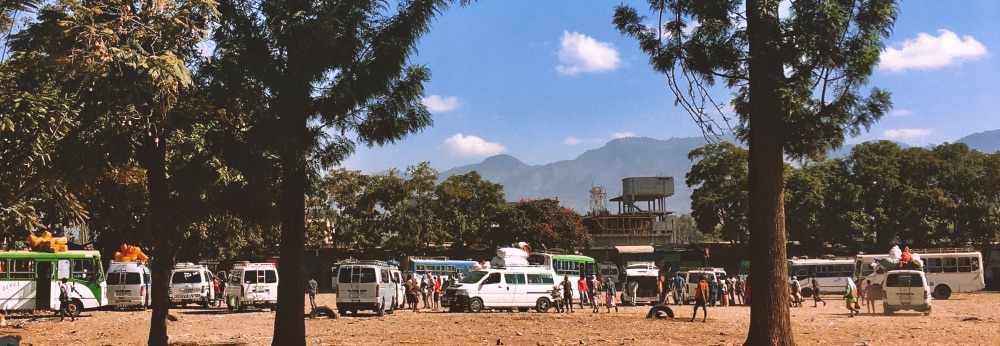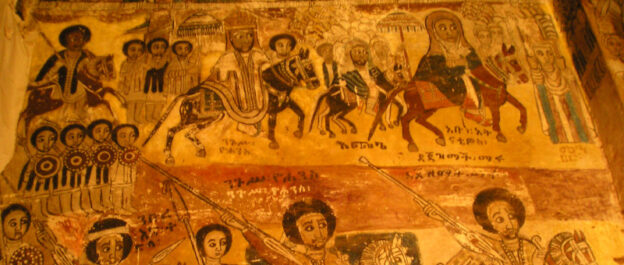Wolbert G.C. Smidt
12. December 2023,18:00 CET
This talk focuses on local language practices, in contrast to official discourses on language and established understandings of vocabulary. In language practice, understanding of words are to some degree highly fluid and situational – according to political context, local experiences of success or suffering, cultural norms regarding the self-organisation of society, networking, negotiations of chances and mutual relations, and of historical memory shape the use of words. This includes local traditions of resistance against power, from a very local to the state level. This talk will focus on Tigrinya practice in the urban and rural context in Tigray, not within institutional settings (which tend to be state-oriented), but in private conversations (which are reflecting daily practice fluctuating between trust for the state and ideas of local rights beyond the state). Vocabulary around concepts of „land“ (addi, hager) are discussed, such as concepts of „government“ (mengisti) and of „law“ (heggi), which are used in a particular way in local parlance, marked by centuries of strong local autonomy, challenges of survival and the periodical presence of state actors. The state, at least the modern one, appears rather as an outside force, from which one may need protection, against one needs to rebel, or to which one needs to submit or which provides chances to be used – while in all cases, language practice shows the domination of local views of life organisation, land use and law, where the state is not authoritative. In short: Local realities defy the illusions of a strong state.
Registration by email.

